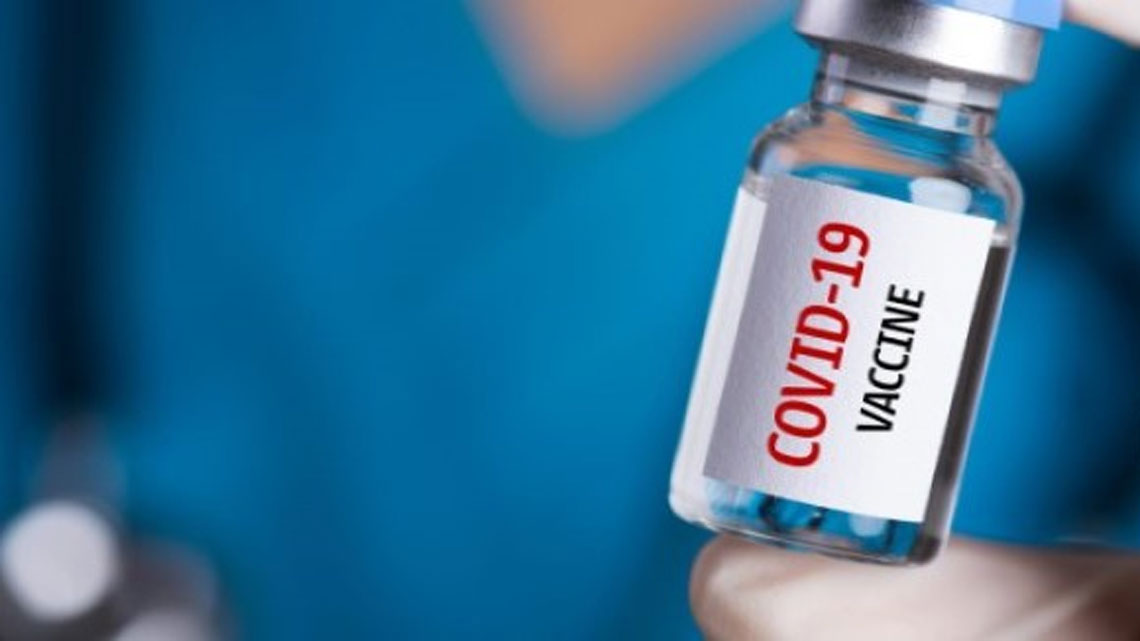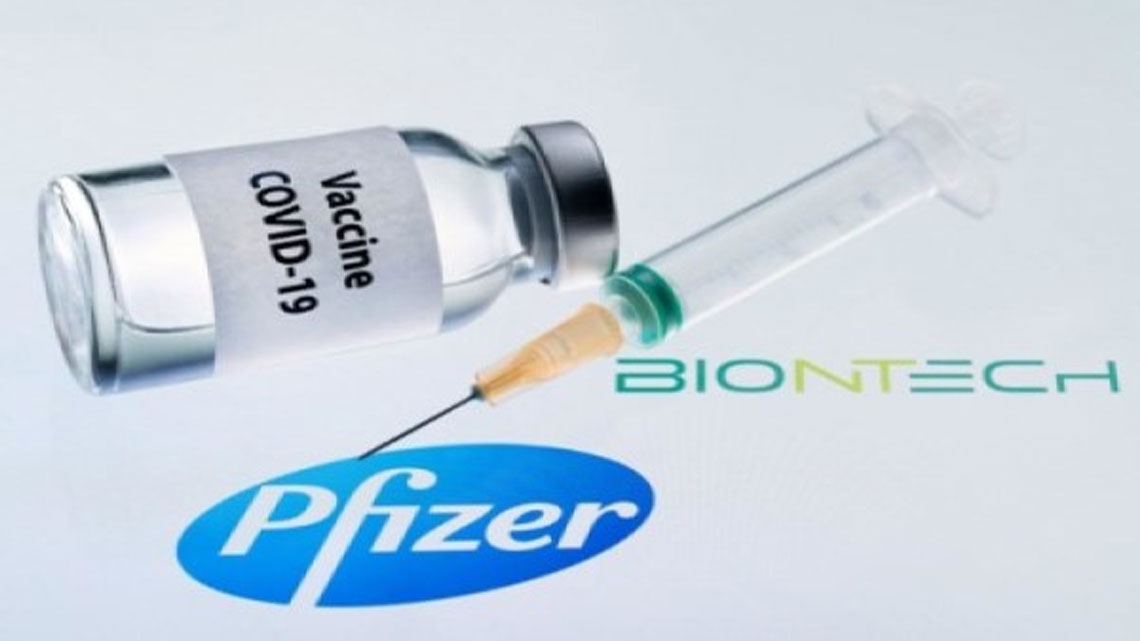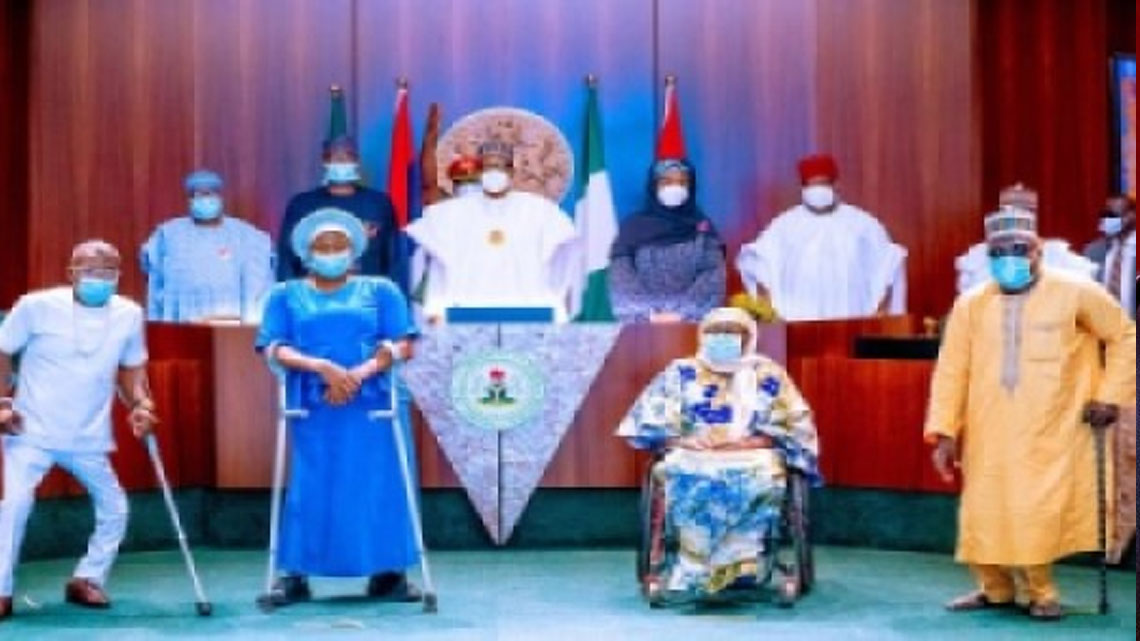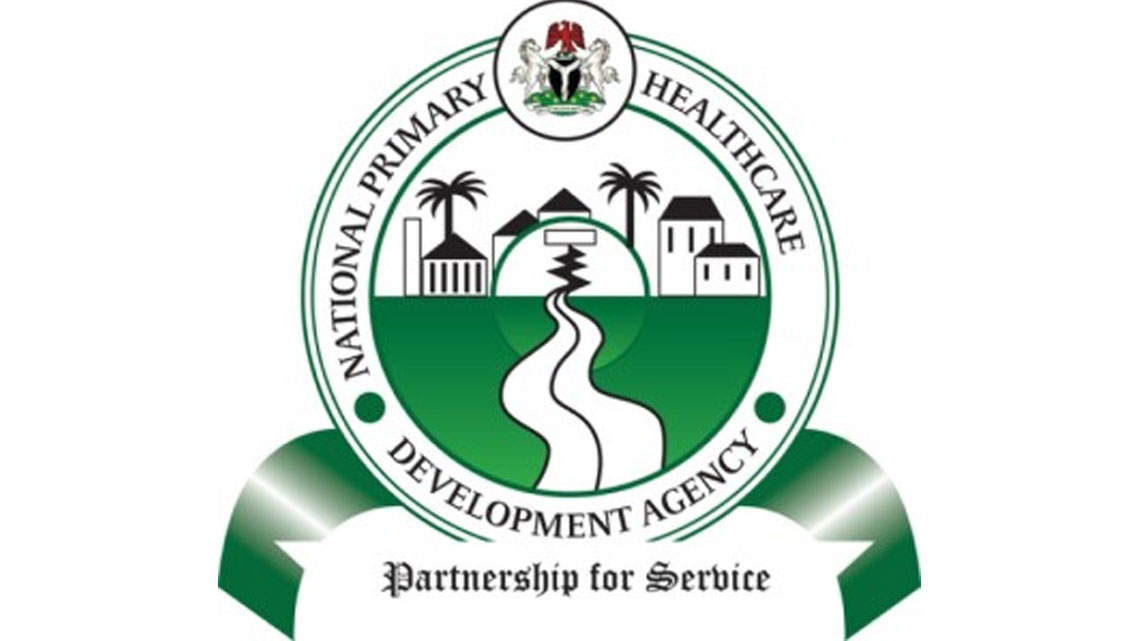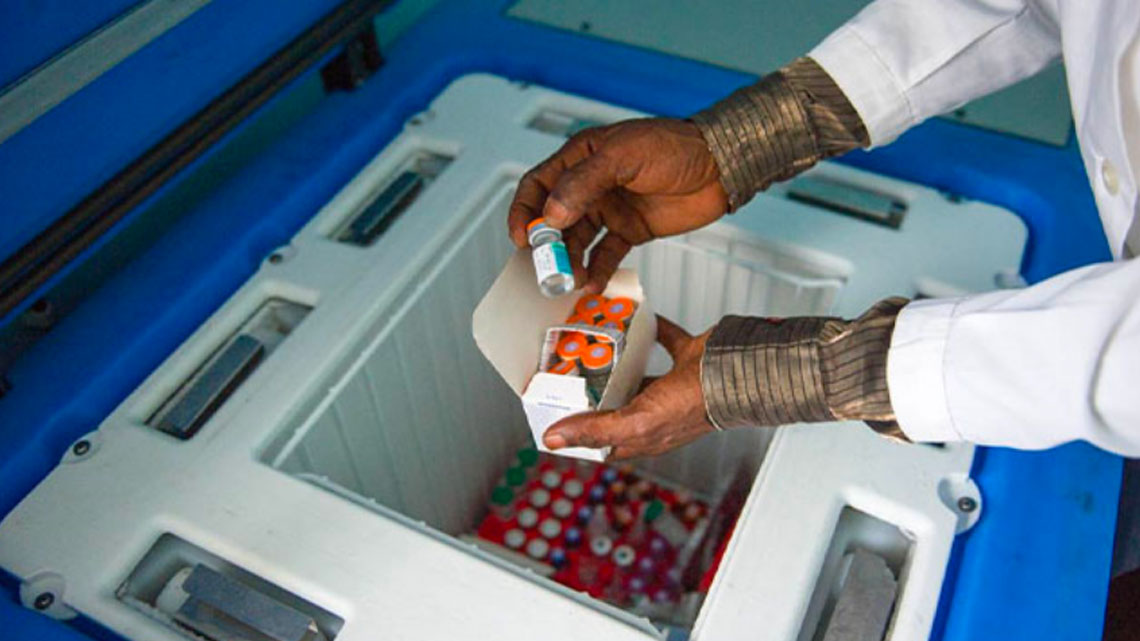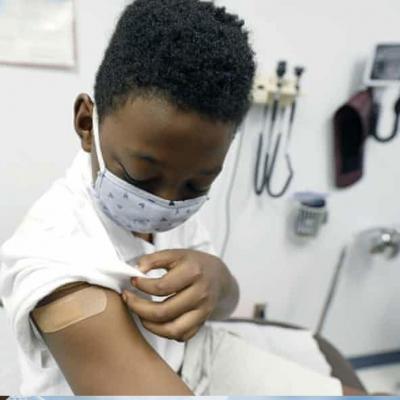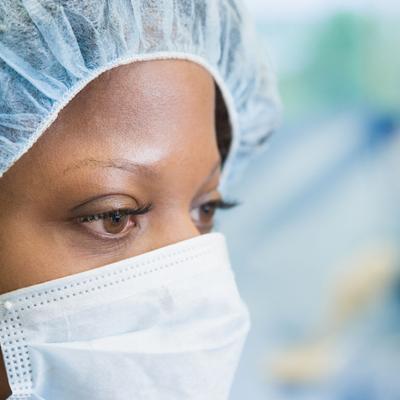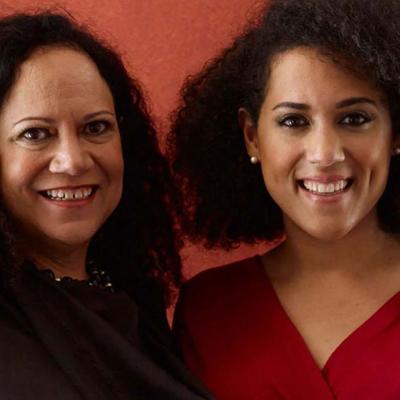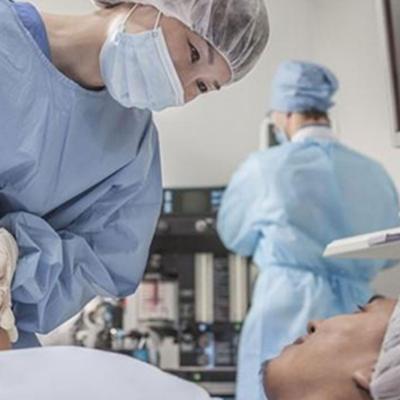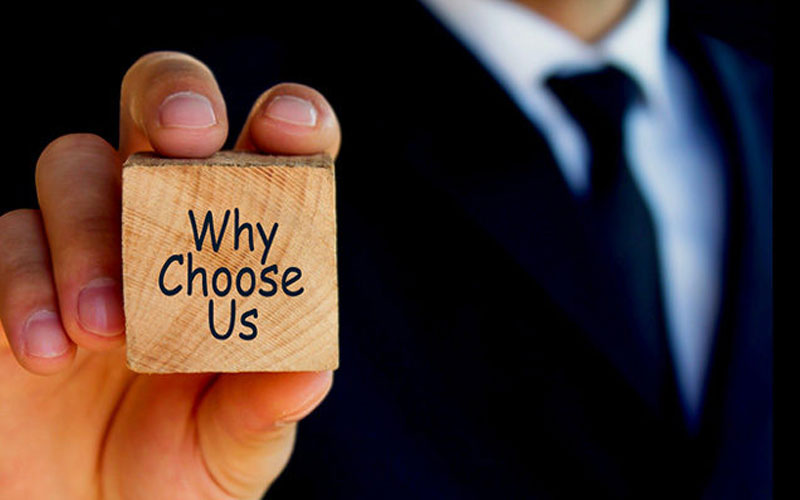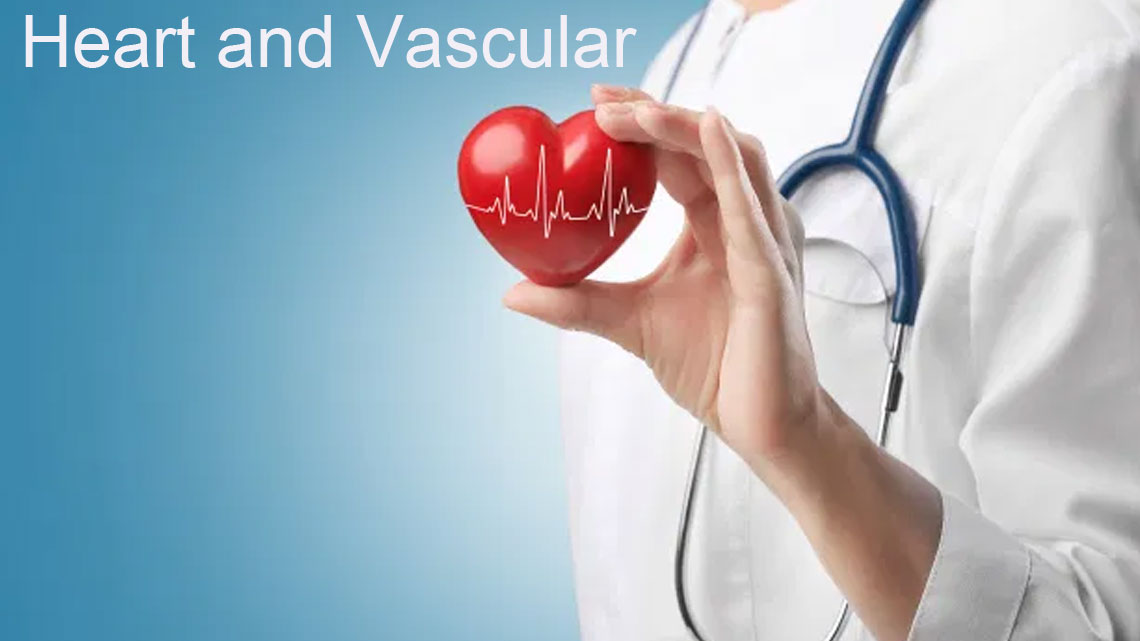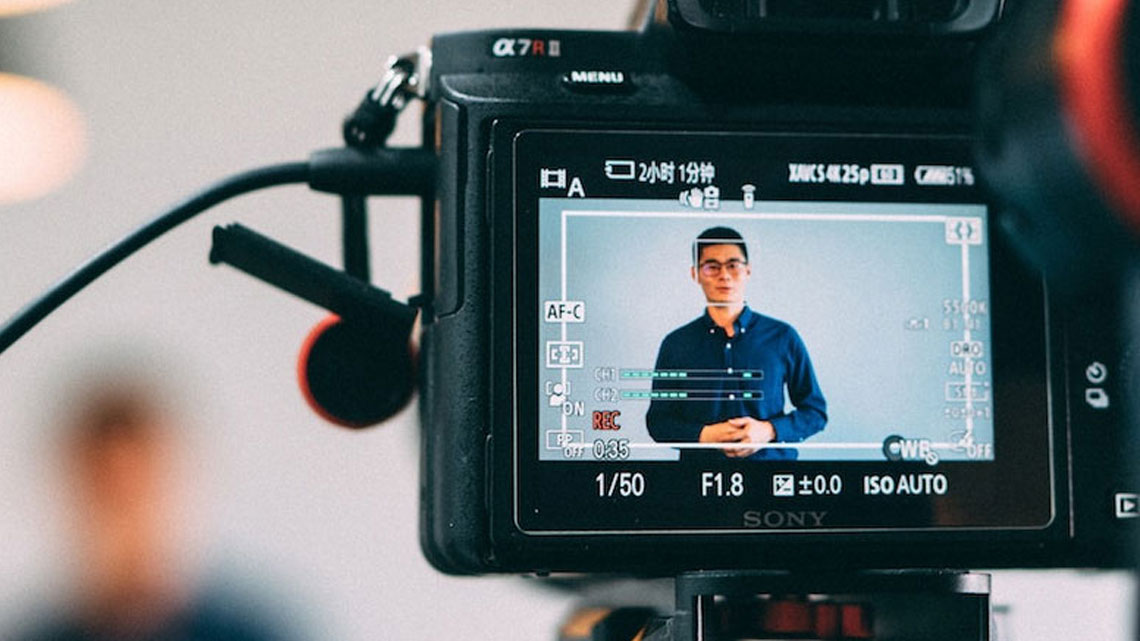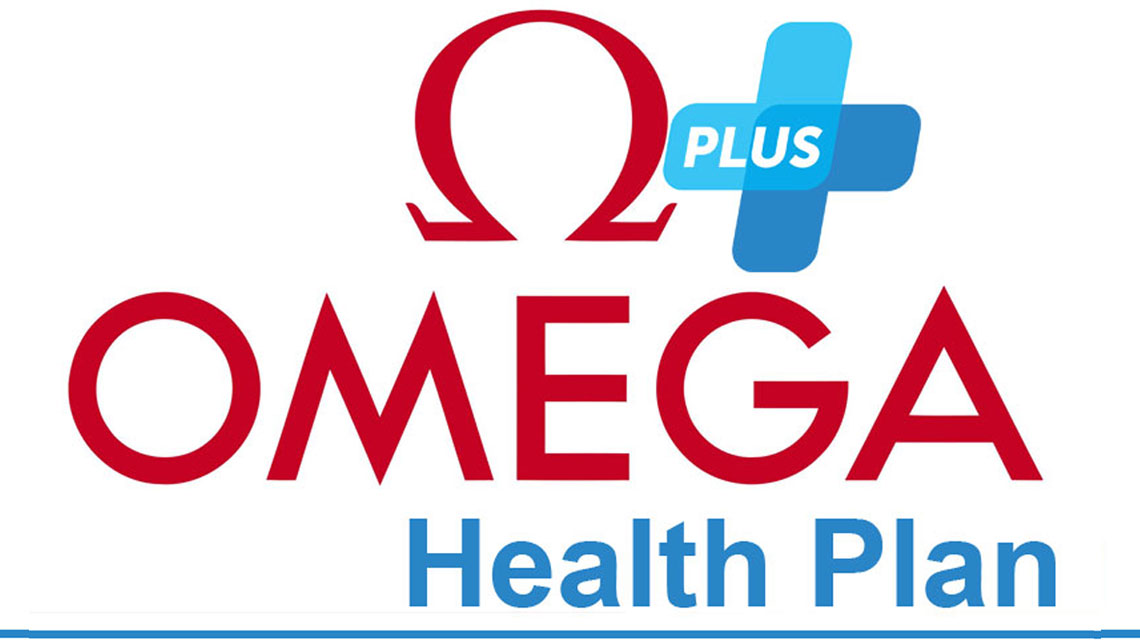LAGOS – With higher cases of COVID-19 across the country, making its toll to exceed 900,000 on Sunday, so also heightened fears among the populace over the Federal
Government’s process of procuring vaccines, its safety and ability to protect citizens from contracting the virus.
The Nigeria Centre for Disease Control (NCDC) confirmed 917 new infections and nine more deaths in its latest report on the outbreak, bringing the total number of infections to 90,030.
This is just as the Federal Government authority, National Orientation Agency (NOA) has moved to dispel some myths and misconceptions including that COVID-19 vaccine will alter human genetic information among other issues concerning how the vaccine works.
The National Orientation Agency also provided answers and more explanations to allay fears about the safety of the vaccination and some common questions that might be asked.
What are COVID-19 vaccines?
COVID-19 vaccines aim to prevent the virus by triggering an immune response. If vaccinated, you are fully protected. According to NOA, COVID-19 vaccines aim to prevent COVID-19 disease by triggering an immune response. COVID-19 vaccines are being developed following the same legal requirements for quality, safety, and efficacy as for all other vaccines. Like all vaccines, the effects of COVID-19 vaccines are tested first in the laboratory, including in animals, and then in human volunteers.
Can the vaccine infect me with COVID-19?
The vaccine will be subjected to laboratory examinations to ensure it is safe before being administered on humans.
Can the COVID-19 vaccine alter DNA?
There is no scientific evidence that COVID-19 vaccine will change or affect human genetic information (DNA). The NOA says that COVID – 19 vaccines does not alter your DNA. It triggers an immune response that will protect your body against the virus if encountered. Once you and your community members are protected, the chances of the spread of the disease are reduced.
If I have had COVID-19 and have recovered, do I still need to be vaccinated?
Recovery from #COVID19 infection after treatment does not give you immunity from being infected again. Vaccine doses will protect you from contracting the virus. National Primary Health Care Development Agency (NPHCDA) Nigeria recommends that you get vaccinated even if you have already had COVID-19, because you can be infected more than once. While you may have some short-term antibody protection after recovering from COVID-19, we do not know how long this protection will last. Hence, it is recommended that that you get vaccinated because you can be re-infected.
Is it better to get natural immunity to COVID-19 rather than a vaccine?
Immunity you will get from #COVID19 vaccination is scientifically proven to be effective. Vaccination is the best protection and it is Safe. There is no guarantee that if you get COVID-19, you will get immunity.
In fact, you may get serious illness and die or have debilitating symptoms that may persist for months. Even if you survive the disease, you may only develop short-term antibody protection after recovery from COVID-19, we do not know how long this protection lasts. Therefore, vaccination is the best protection, and it is safe.
Does the COVID-19 vaccine contain a microchip?
Disregard the claim that the #COVID19 vaccine contains a microchip. National Agency for Food, Drug Administration And Control (NAFDAC) will certify the vaccine safe before being administered by the Federal Ministry of Health through the National Primary Health Care Development Agency.
COVID -19 vaccines does not contain any harmful substance or micro-chip. All vaccines including COVID-19 vaccines are manufactured under strict compliance with WHO guidelines. Also, before the vaccine is administered in Nigeria. NAFDAC will test and certify it safe for human use.
Is it safe to get a COVID-19 vaccine if I have underlying medical conditions?
People with underlying medical conditions such as heart and lung diseases, diabetes or cancer have nothing to fear. #COVID19 infection has more impact on them, hence the need to be vaccinated. COVID-19 vaccination is especially important for people with underlying medical conditions such as heart disease, lung disease, diabetes, cancer, etc.
People with these conditions are more likely to get very sick from COVID-19. Get vaccinated.
Will the shot hurt or make me sick?
Mild side effects may occur as in any other vaccination. However, the vaccine has been proven to be effective and safe on humans. Mild side effects may occur as in any other vaccination. However, they are signs that the vaccine is working to build your immunity. This does not mean you have COVID-19. If they do not go away in a few days, see your doctor.
Why should I get vaccinated for COVID-19?
It is recommended that you are vaccinated to #StaySafe from #COVID19 infection to prevent you from getting sick or dying.
It is strongly recommended that you get vaccinated against COVID-19. The vaccine will protect you from getting infected, sick or dying.
By getting vaccinated, you also protect your loved ones and your community.
Can pregnant and lactating mothers receive the vaccine?
Studies are yet to be conducted to ascertain the safety of the vaccine if administered to pregnant or lactating mothers.
Were safety procedures and standards not compromised to develop and produce COVID-19 vaccine in less than one year, when it took 5-10 years or more to develop and produce other well known, safe and efficacious childhood vaccines and others like yellow fever and polio vaccines?
No, standards were not compromised nor were safety procedures ignored in producing COVID-19 vaccine. It is huge misconception to assume that the work on COVID-19 vaccine started when the pandemic began. Prior to the development of the COVID-19 vaccines, scientists had experimented and perfected a fast and flexible method-plug and play-to revolutionise.
No safety or standard procedures compromised in development and production of #COVID19 vaccine Syringe. It is certified to be Safe.
Do I still need to wear a facemask after vaccination?
Wearing a face mask is one of the effective Non-pharmaceutical Interventions (NPIs) to stop the spread of COVID-19. You are advised to continue to practice the preventive wear your face masks. frequently wash your hands with soap and running water or alcohol-based hand sanitizer, observe physical distancing and avoid large gathering and unnecessary travels to stop community transmission of COVID-19.
This is because getting the vaccine does not stop you from getting exposed to someone who has been infected, but the vaccination and development of immunity will stop the infection from progressing to disease – hence you still need to practice the preventive measures.
How do I know if the vaccine is safe?
All vaccines receive approval from the World Health Organization. In addition to that NAFDAC will also have to certify only vaccines that are safe for humans. Before a vaccine is certified for use, it must receive approval from World Health Organisation (WHO).
Here in Nigeria, in addition to WHO approval, all vaccines including COVID-19 vaccine are certified safe for use by NAFDAC. Even when in use, NAFDAC continues to monitor the vaccine to ensure it causes no harm.
COVID-19 is an infectious disease caused by the most recently discovered coronavirus. The new virus was unknown to humans before the outbreak in Wuhan, China in December 2019.
The most common symptoms of COVID-19 are fever, tiredness, dry cough, and difficulty in breathing.
Some patients may have body aches and pains, loss of smell, nasal congestion, runny nose, sore throat, or diarrhea. These symptoms usually starts mildly and gradually become serious. Some people become infected but do not develop any symptoms and do not feel unwell. Most people (about 80 percent) recover from the disease without needing hospitalization.
Around one out of every six people who get COVID-19 becomes seriously ill and develops difficulty in breathing. Older people, and those with underlying medical conditions like high blood pressure, heart problems, cancer, or diabetes, are more likely to develop serious illness.



